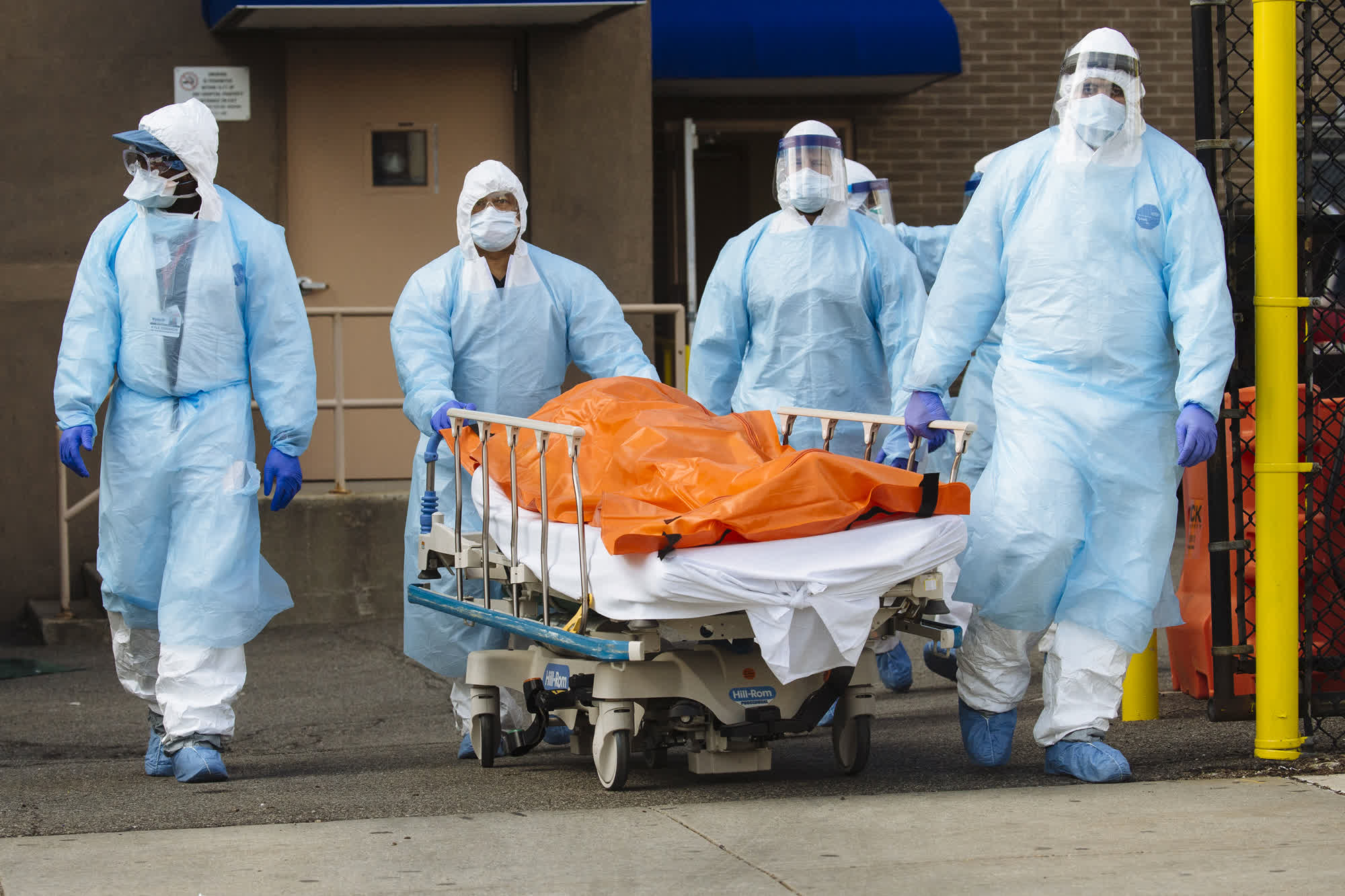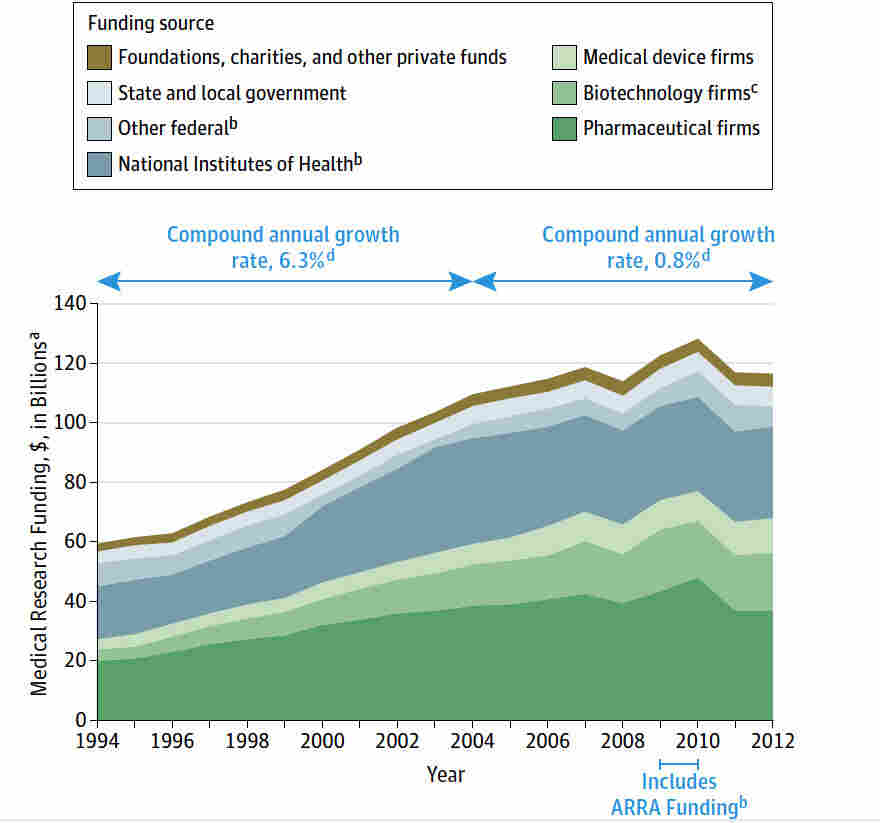The current global health crisis presents an overwhelming challenge to nations worldwide, marking a pivotal moment for health leaders to reassess strategies in healthcare delivery and governance. As highlighted by renowned surgeon Atul Gawande, the ramifications of USAID funding cuts and health infrastructure damage threaten to exacerbate existing inequalities, leading to increased mortality and disease spread. Effective global health leadership is crucial as nations navigate the complexities of this crisis, ensuring that policies not only respond to immediate health needs but also build a resilient healthcare framework for the future. In the face of diminished resources, the impact of health policies becomes even more pronounced, as countries grapple with how to adapt to ongoing challenges without the robust support systems once provided by entities like USAID. Ultimately, addressing this global health crisis requires a collective effort to revitalize international health programs and restore funding where it matters most.
As we navigate through unprecedented times marked by a significant health emergency, it is essential to explore alternative terms that emphasize the urgency and breadth of this critical situation. This health imperative encapsulates various aspects such as public health challenges, international health initiatives, and the need for collaboration to mitigate the consequences of recent funding reductions. The repercussions of impaired health systems and weakened partnerships can hinder progress, reinforcing the necessity of robust health strategies and effective governance. By examining the interplay between global health systems and policies, we can better understand the various dimensions involved in overcoming these hurdles. Thus, the dialogue surrounding this health crisis becomes an essential part of fostering global cooperation and restoring the strength of healthcare infrastructures.
The Impact of USAID Funding Cuts on Global Health
The recent funding cuts to the U.S. Agency for International Development (USAID) have profoundly impacted global health infrastructure. As highlighted by Atul Gawande, the termination of more than 85% of USAID programs has resulted in a ‘devastating’ health void that challenges the very foundation of international health initiatives. These cuts not only diminish the reach of critical health services but also impair the capability of the U.S. to respond effectively to global health emergencies, undermining its role as a leader in global health security.
In prior years, USAID facilitated the delivery of essential health services across 50 countries, managing to reduce emergency response times to outbreaks of diseases like Ebola significantly. With the current state of health infrastructure in jeopardy, millions who rely on these services are left vulnerable. Gawande’s concerns underscore the palpable fear surrounding the long-term consequences of these funding cuts, which could result in catastrophic outcomes for maternal and child health as well as the prevention and treatment of infectious diseases.
Atul Gawande: A Voice for Global Health Leadership
Atul Gawande’s experience at USAID has positioned him as a crucial figure advocating for renewed global health leadership. His insights reveal how essential technical assistance and funding are for advancing public health efforts. Under Gawande’s tenure, USAID showcased remarkable success in improving health metrics, which now faces an uphill battle in the wake of significant program cuts. His assertion emphasizes that restoring full capabilities may not be feasible, yet it’s imperative to advocate for continued investments in global health.
Moreover, Gawande’s calls to action resonate within the broader medical community as he urges scholars and future leaders to remain committed to public health efforts. He articulates a vision of collaborative global health strategies that go beyond mere funding; it also includes leveraging shared expertise and innovative solutions to address health crises effectively. This leadership discussion becomes pivotal as the U.S. navigates its evolving role in an increasingly interconnected world.
The Importance of Health Policies in Crisis Management
The impact of health policies extends far beyond immediate patient care; it fundamentally shapes the resilience of health systems in times of crisis. Gawande’s reflections on his experiences illustrate that effective health policies are critical for rapid responses to outbreaks and public health emergencies. With USAID’s previous role in epidemic surveillance and maternal care, data-driven policies had the power to decrease response times significantly, proving that strategic policy implementation is essential for effective global health management.
Yet, as funding and resources diminish, the capacity to formulate and enforce such vital health policies wanes. Gawande’s insights reveal the potential ramifications of inadequate health infrastructure on policy execution, particularly in regions heavily reliant on aid. This presents a pressing challenge for future health leaders who must navigate these complexities and ensure robust policies that prioritize equity, accessibility, and sustainability in health care.
Addressing the Global Health Crisis: A Call to Action
Currently, the global health crisis demands urgent attention and decisive actions from all stakeholders involved. Gawande’s emphasis on the void left by funding cuts outlines the critical need for countries, especially the U.S., to reassess their commitments to international health initiatives. As global health threats continue to evolve, a re-engagement with programs like USAID is vital for maintaining health advancements achieved over the years and preventing a rollback into preventable health disparities.
Moreover, the growing concern regarding America’s role in global health leadership must spur a collective effort among medical, governmental, and academic sectors. Engaging influential figures from academia, like Gawande, amplifies the importance of a strong collaborative approach to global health challenges. This call to action insists that commitment to public health is a shared responsibility, essential not just for the affected populations but for the strengthening of global health architecture at large.
Lessons Learned from USAID: Building Resilient Health Infrastructure
The dismantling of USAID serves as a poignant lesson in the significance of resilient health infrastructure. Atul Gawande’s tenure as a leader within the organization showcased essential frameworks that enabled swift responses to health crises. Recognizing the strengths that once defined USAID’s success is crucial in understanding how to rebuild and fortify health infrastructures moving forward. Enhanced resilience means not only responding to current challenges but also preparing for future uncertainties.
Furthermore, Gawande’s experiences touch on the importance of maintaining skilled personnel who ensure continuity and innovation within health programs. The loss of trained staff due to funding cuts results in a critical gap that can take years to fill. As discussions continue regarding the restoration of health funding and leadership roles, it remains essential to advocate for policies that prioritize the sustainability of health initiatives globally.
Global Partnerships in Health: The Future of Collaboration
In navigating the complexities of global health, partnerships remain a cornerstone of effective collaboration. Gawande’s observations regarding the collaborative work between USAID and international health bodies illustrate the strength of joint efforts in addressing pressing health issues. As the landscape of global health evolves, fostering partnerships across nations, institutions, and sectors is vital to enhancing health outcomes, particularly in response to health emergencies.
As countries consider re-engaging with their health partnerships, the strategic sharing of knowledge and resources becomes indispensable. Gawande’s insights suggest a pathway toward reinforcing these alliances, ensuring that disparate health systems can work together to overcome challenges. Fostering these relationships can amplify health initiatives, generate innovative solutions, and effectively mobilize resources to tackle the pressing challenges posed by evolving global health threats.
Innovation in Global Health: Leveraging Technology for Change
Innovation plays a pivotal role in overcoming barriers within global health. Atul Gawande has highlighted how technological advancements can enhance health surveillance and improve response strategies in crises. By implementing innovative tools and practices, global health leaders can improve efficiencies and expand the reach of critical health services, ensuring that populations are better protected against pandemics and health emergencies.
As the world adapts to an increasingly interconnected landscape, investing in technology and innovation becomes paramount for health systems. This is not just about providing immediate solutions; it’s about building long-term capacity that can sustain health advancements over time. Gawande’s advocacy for these innovations hints at a future where technology serves as a key ally in the fight against health disparities globally, reinforcing the need for concerted efforts in research and development.
The Role of Education in Shaping Future Health Leaders
Education serves as a fundamental pillar in shaping the next generation of health leaders who will confront the continuity of global health challenges. Atul Gawande’s engagement with students and faculty reinforces the critical need for ongoing education and training in health policy and practice. Emerging leaders must be equipped with the skills and knowledge necessary to navigate complex health environments and advocate for effective policies that address systemic inequities.
Moreover, fostering a culture of ongoing learning and innovation within health education can inspire future leaders to pursue impactful careers in global health. Gawande’s message serves as an important reminder that the commitment to science and medicine is paramount, as the future of global health largely depends on the dedication and expertise of those who will step up to fill the existing gaps in leadership and care.
Resilience and Adaptability in Health Systems
The need for resilience within health systems has never been more crucial as nations worldwide face unprecedented health challenges. Atul Gawande’s reflections emphasize that adaptability is key for organizations like USAID to respond effectively to emerging threats. Ensuring that health systems can withstand shocks—whether due to funding cuts, policy shifts, or global crises—is essential for protecting health outcomes in vulnerable populations.
That resilience can often hinge on the ability to innovate and learn from past mistakes. As Gawande points out, understanding the lessons from USAID’s experience will enable stakeholders to implement strategies that strengthen health infrastructure against future disruptions. The ability to adapt swiftly will empower health leaders to maintain their focus on critical areas such as maternal health and the management of infectious diseases, crucial for safeguarding the well-being of millions.
The Importance of Advocacy in Global Health
Advocacy remains a powerful tool in shaping health policy and funding priorities at national and international levels. Atul Gawande’s call for dedicated efforts to restore and strengthen USAID underscores the necessity of mobilizing support within the health community and beyond. Effective advocacy can influence decision-makers and ensure that health issues remain a priority, leading to the restoration of crucial funding and programs that have been cut.
Moreover, engaging diverse stakeholders—from health professionals to the general public—creates a more robust platform for advocacy efforts. Gawande’s narrative highlights that effective advocacy can lead to enhanced support not only for health organizations but also for the policies that protect and promote public health. As individuals and organizations unite their voices, they can collectively push for a stronger commitment to global health initiatives that are vital for addressing health crises head-on.
Frequently Asked Questions
What impact does the global health crisis have on health infrastructure damage?
The global health crisis has led to significant health infrastructure damage, particularly as agencies like USAID faced funding cuts. Basic health services, prevention programs, and emergency response capabilities have all been affected, resulting in delayed medical assistance and greater health disparities.
How does USAID funding cuts influence global health leadership?
USAID funding cuts directly undermine U.S. global health leadership by reducing capacity for international aid and health initiatives. The loss of experienced personnel and resources hampers America’s ability to respond effectively to global health challenges, diminishing its role as a key player in promoting health policy globally.
What are the implications of health policies during a global health crisis?
Health policies during a global health crisis are crucial as they guide resource allocation, vaccination campaigns, and emergency responses. Effective policies can mitigate the effects of the crisis, while poor policies, exacerbated by funding cuts, can lead to prolonged health risks and infrastructure instability.
Why is global health leadership important in addressing a global health crisis?
Global health leadership is essential for coordinating international responses, sharing resources, and implementing best practices. During a global health crisis, strong leadership can enhance collaboration among nations, ensuring that responses are timely and effective, ultimately saving lives and restoring health systems.
What are the dangers of USAID’s restructuring in relation to global health initiatives?
The restructuring of USAID poses significant dangers to global health initiatives by decreasing program effectiveness and crippling ongoing projects aimed at combatting infectious diseases. This deterioration can lead to increased mortality rates and a regression in health outcomes for vulnerable populations.
How does the experience of leaders like Atul Gawande shape global health crisis responses?
Leaders like Atul Gawande play a key role in shaping global health crisis responses through their expertise in health policy and emergency response. Their insights can drive innovative approaches to manage public health challenges, advocate for necessary funding, and reinforce the importance of maintaining robust health systems.
What is the significance of advocacy in global health during a crisis?
Advocacy becomes paramount during a global health crisis as it raises awareness about funding cuts, promotes the necessity of comprehensive health programs, and mobilizes support from various sectors. Engaging stakeholders in advocacy can ensure that health policy remains a priority even amid financial constraints.
| Key Points | Details |
|---|---|
| Devastating Impact of USAID Cuts | The Trump administration’s cuts to USAID resulted in the termination of over 85% of its programs, significantly harming global health initiatives. |
| Need for Commitment | Atul Gawande urges students and faculty to stay devoted to science and medicine despite challenges. |
| USAID’s Critical Role | Before the cuts, USAID significantly improved global health response times and health outcomes. |
| Threats to Research Funding | Recent government actions have impacted research funding at institutions like Harvard, risking vital health research. |
| Gawande’s Reflection on USAID | While the restoration may be impossible, he believes saving the health infrastructure is still feasible. |
| Long-term Optimism in Global Health | Gawande remains hopeful about the future of global health, despite uncertainties about the U.S. leadership role. |
Summary
The Global Health Crisis has been exacerbated by significant cuts to USAID, a vital agency in managing health initiatives worldwide. Surgeon Atul Gawande highlights the detrimental effects of these cuts, including reduced funding for programs that have historically saved millions of lives. Despite these challenges, Gawande emphasizes the importance of continued commitment to health and science, urging that it is not too late to preserve the essential infrastructure needed to combat global health challenges. As the future unfolds, the potential for other nations to take on leadership roles in global health becomes apparent, underscoring the necessity of expertise and dedication to health initiatives.



